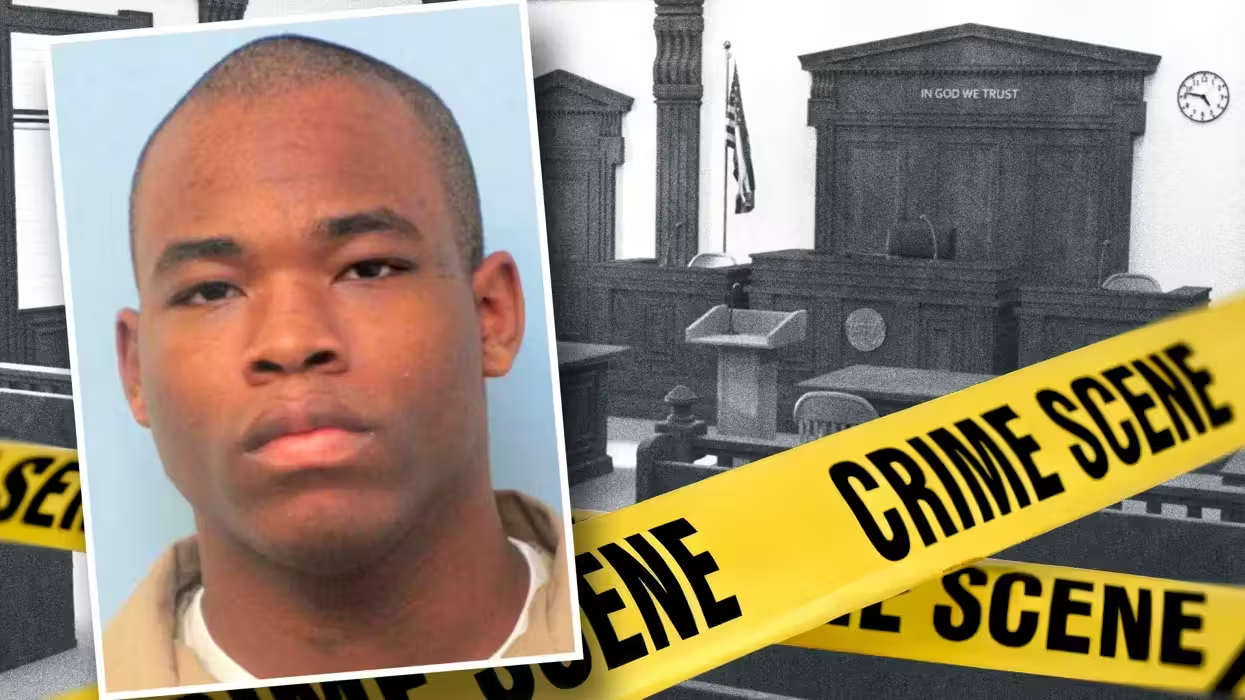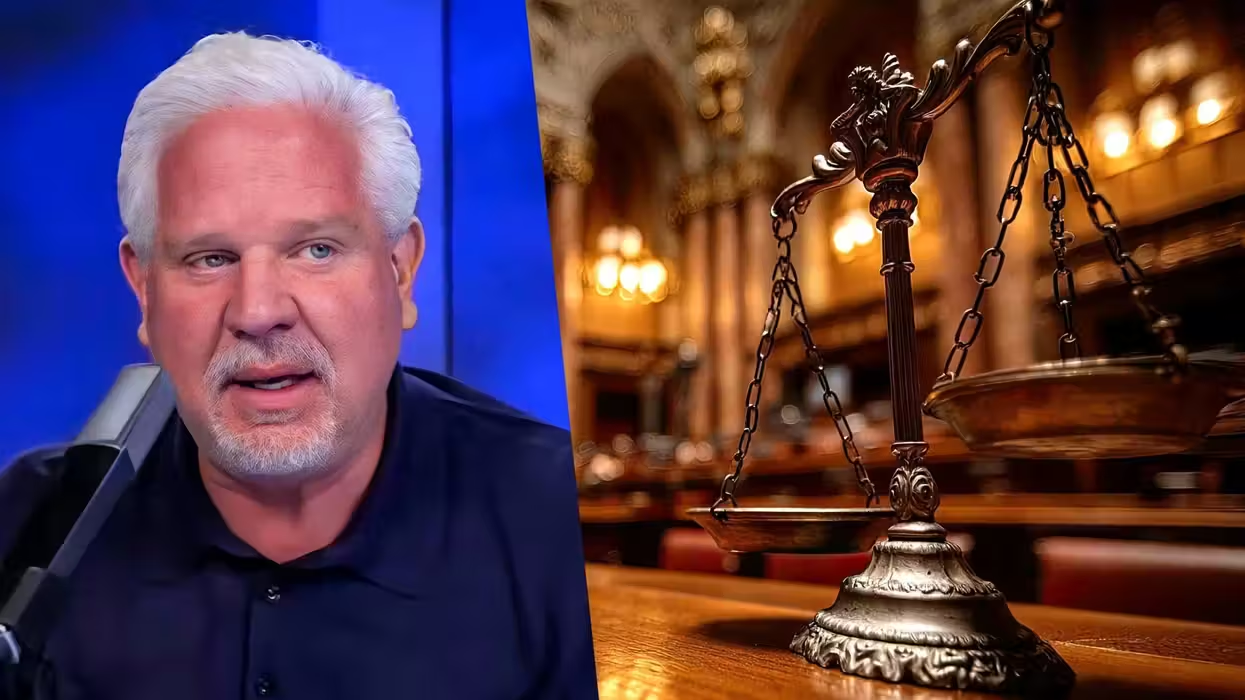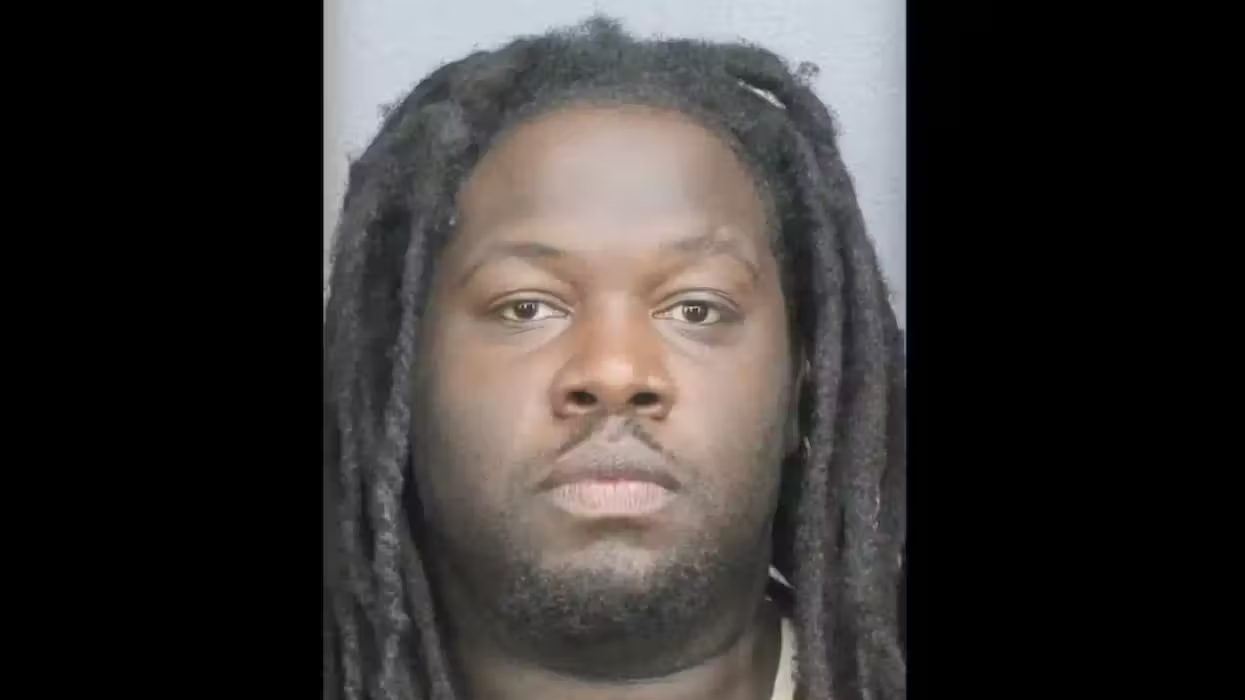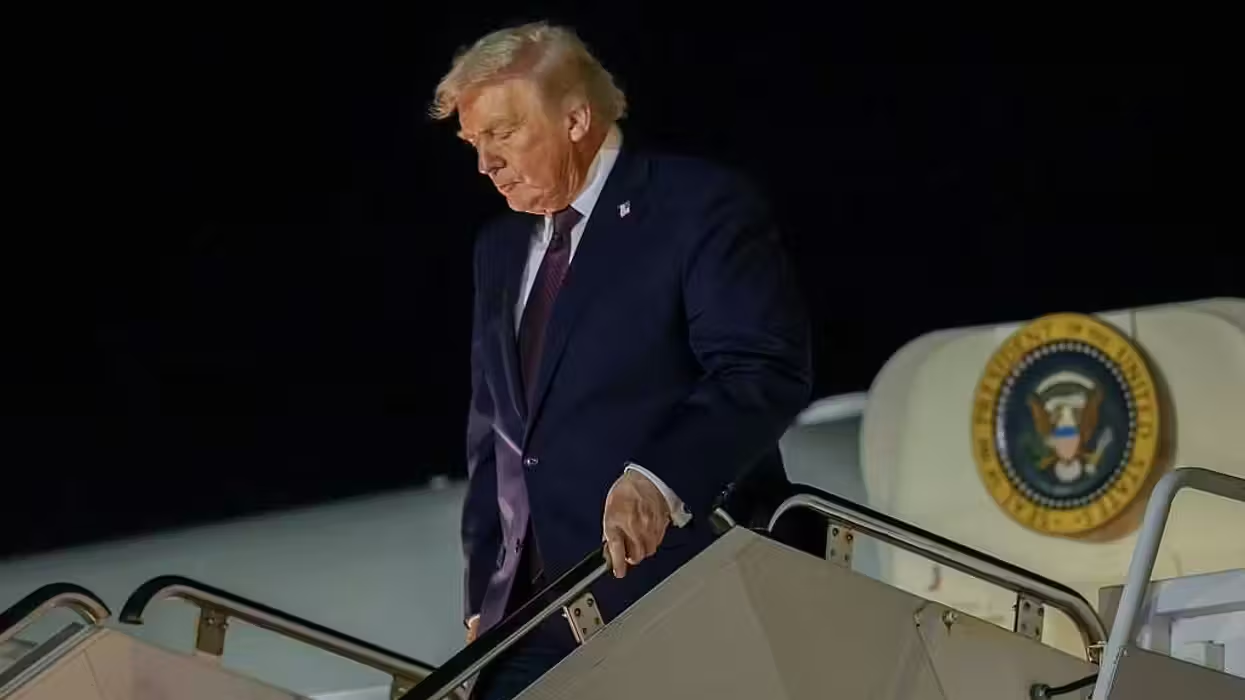
© 2025 Blaze Media LLC. All rights reserved.
Critics of President Obama have always been quick to point out his pompous-bordering-on-arrogant governing style. Gee, I wonder where we may have gotten that impression...
A new book out about the Obama administration sheds some light:
Obama had always had a high estimation of his ability to cast and run his operation. When David Plouffe, his campaign manager, first interviewed for a job with him in 2006, the senator gave him a warning: “I think I could probably do every job on the campaign better than the people I’ll hire to do it,” he said. “It’s hard to give up control when that’s all I’ve known.” Obama said nearly the same thing to Patrick Gaspard, whom he hired to be the campaign’s political director. “I think I’m a better speechwriter than my speechwriters,” Obama told him. “I know more about policies on any particular issue than my policy directors. And I’ll tell you right now that I’m gonna think I’m a better political director than my political director.”
And then there's this:
[Rahm] Emanuel’s ad-hocracy, meanwhile, didn’t faze Obama. The president’s friend and adviser Valerie Jarrett sometimes pointed out that not only had he never managed an operation, he’d never really had a nine-to-five job in his life. Obama didn’t know what he didn’t know, yet his self-confidence was so stratospheric that once, in the context of thinking about Emanuel’s replacement, he remarked in all seriousness, “You know, I’d make a good chief of staff.”Those overhearing the comment somehow managed to suppress their laughter.
Arrogant and pompouse? Nooooo....
But amid the bad news and pressures of late 2009, the trip unexpectedly passed like a brief, happy fantasy for the president, a Nordic alternate reality where citizens were learned and pensive, discussions were thoughtful, and everyone was a fan. “It wasn’t hero worship,” said one adviser who accompanied them. “Okay, it was.”For one day, the Obamas lived in the dream version of his presidency instead of the depressing reality. At meals and receptions, they mingled with the members of the Royal Academy – government officials, academics…
[In his speech, the president] laid out standards that he privately must have known he would not reach. “The United States of America must remain a standard-bearer in the conduct of war,” he said. “That is why I ordered the prison at Guantanamo Bay closed. And that is why I have reaffirmed America’s commitment to abide by the Geneva Conventions.” He did not acknowledge that the effort to close Guantanamo was failing or address the questions of whether his detention policies violated those guidelines. “We lose ourselves when we compromise the very ideals we fight to defend,” he said. It was as if he had pressed some sort of rewind button to 2008.
The trip spurred a thought the Obamas and their friends would voice to each other again and again as the president’s popularity continued to decline: the American public just did not appreciate their exceptional leader. The president “could get 70 or 80 percent of the vote anywhere but the U.S.” [President Obama's old friend] Marty Nesbitt told [another old friend of Obama] Eric Whitaker indignantly.”
So far, though, I'd have to say my favorite tidbit from the new book on Obama is this one from page 26:
Initially, Barack had tuned out the presidential talk, too. But he was just as disappointed with the U.S. Senate as he had been with the state senate – he had gone to Washington to do big things, but he was a junior member of a slow, rule-bound, Republican-controlled body. “Shoot. Me. Now.” he wrote to an aide, in the middle of a particularly long-winded oration. (The speaker was Senator Joe Biden.)
Want to leave a tip?
We answer to you. Help keep our content free of advertisers and big tech censorship by leaving a tip today.
Want to join the conversation?
Already a subscriber?
more stories
Sign up for the Blaze newsletter
By signing up, you agree to our Privacy Policy and Terms of Use, and agree to receive content that may sometimes include advertisements. You may opt out at any time.
Related Content
© 2025 Blaze Media LLC. All rights reserved.
Get the stories that matter most delivered directly to your inbox.
By signing up, you agree to our Privacy Policy and Terms of Use, and agree to receive content that may sometimes include advertisements. You may opt out at any time.






